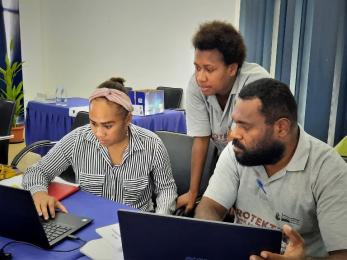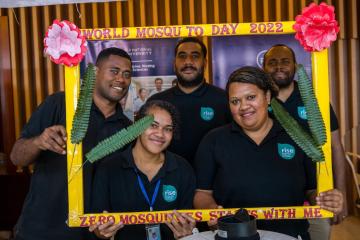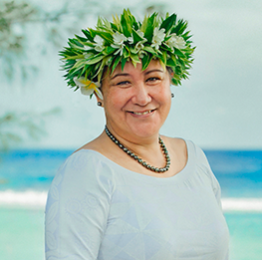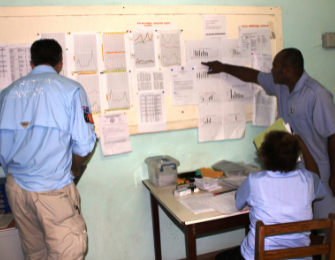At the end of the project, Pacific Island countries will have a cadre of well-trained field epidemiologists who can conduct co-ordinated disease surveillance and outbreak investigation, as well as carry out research to inform local and regional health priorities.
This project will support and extend the existing field epidemiology training by: 1. Extending Strengthening Health Interventions in the Pacific (SHIP). The existing program for training field epidemiologists (SHIP) is delivered by The Pacific Community and are accredited by the Fiji National University (FNU). Under Pac-EVIPP, the existing SHIP courses will be extended to reflect the global field epidemiology training standards and offered to a broad range of health workers, including laboratory technicians, animal health officers and clinicians.

Funding will pay training costs of 120 participants from 8 PICs to complete either a postgraduate certificate, postgraduate diploma or masters level course. In addition, a new health security module designed as part of the Pac-EVIPP will be made available to all FNU health and veterinary science students.
This project will help establish a virtual centre within FNU that will function as a Pacific ‘Public Health Observatory’ to co-ordinate the research work of the FNU College of Medicine, Nursing and Health Sciences and facilitate the translation of research to policy briefs for the region.
As part of the SPC Public Health Division’s adaptation to COVID-19, this program is conducting training, webinar sessions and one-to-one advice and support to health professionals in COVID-19 surveillance and contact tracing. The Pac-EVIPP curriculum is also being adapted for relevance to COVID-19.



